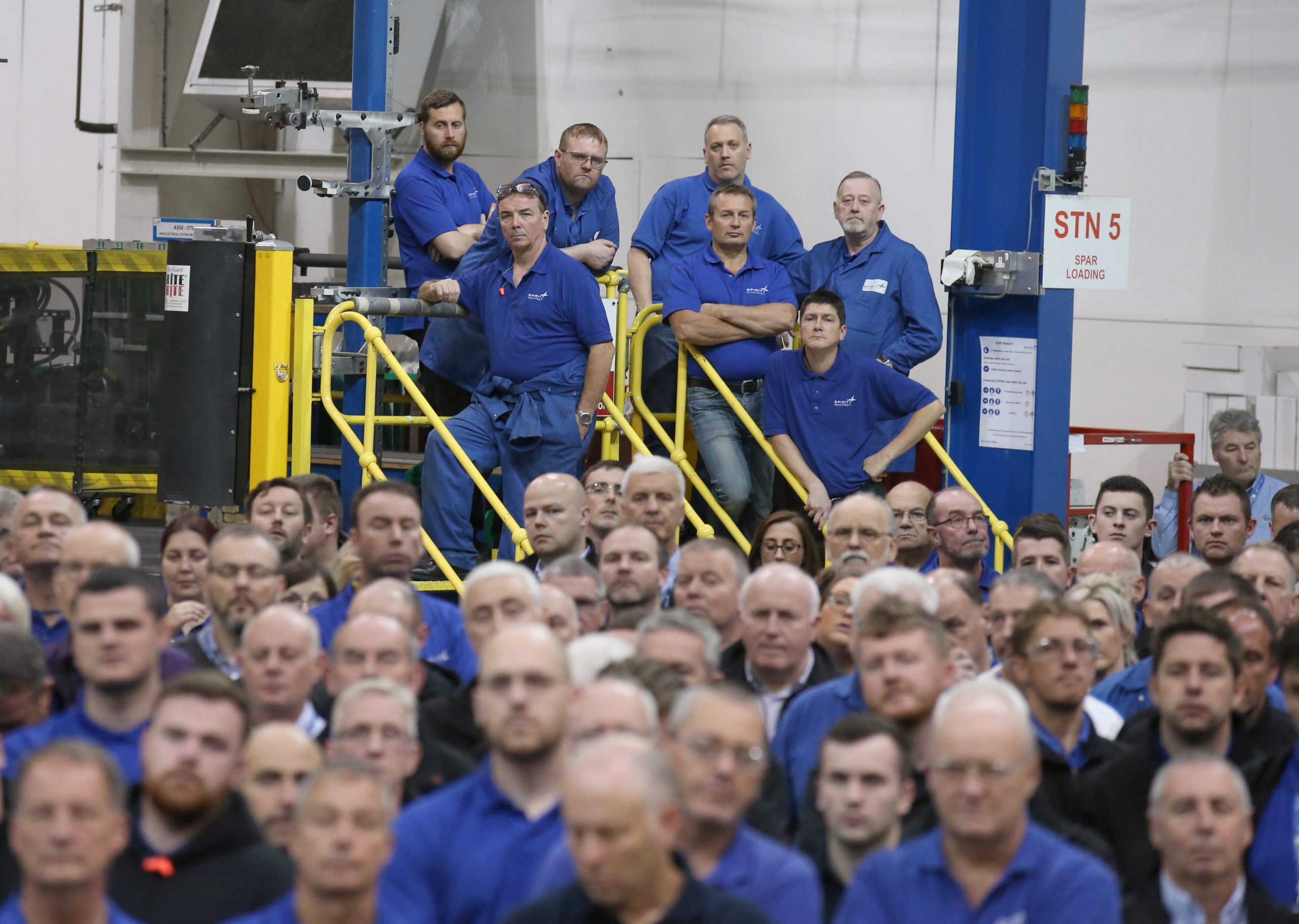
The government’s much-delayed industrial strategy was finally launched last month. It’s short on detail, with large font and glossy pictures padding out a 255-page document with few new ideas.
But one of its headline announcements was that an “Industrial Strategy Council” will set the direction of the strategy and hold the government to account. Its members will be drawn from various walks of life, including investors, entrepreneurs, economists, scientists… but not, as far as we can tell, ordinary workers.
When our colleague Kevin Brennan, shadow minister for arts and heritage, queried this – asking whether trade unions will be represented – the response he received was worryingly evasive.
The government would only say that members will be chosen “on the basis of their expertise, experience and skills” and that they will be “finalised over the coming months.” They made no commitments on workers’ representation, only adding: “We will think carefully about how Trade Unions can best support our Industrial Strategy.”
This approach is profoundly wrong. No organisation can be truly “independent” if it is cobbled together by government according to opaque criteria and on an ad-hoc basis. And if the government omits unions from the Council, it is excluding the people who actually do the work from the key decisions on how our economy will be run over the coming decades.
We’ve seen what can happen when Tory governments ignore the needs of ordinary people in favour of the wealthy who write their cheques.
Soaring foodbank usage, levels of income equality higher than anywhere else in Europe, the longest wage stagnation in 150 years, the worst decade for productivity since Napoleon was defeated at Waterloo – these are all the result of policy decisions made without giving working people a say.
The government’s industrial strategy is already incredibly narrow, made up of re-announced policies and old spending commitments, showing once again that this is a government short on details and new ideas. Sheffield Hallam University estimated that it will only affect 1 per cent of the economy, primarily boosting areas in and around the so-called “Golden Triangle” of Oxford, Cambridge and London.
With our economy about to go through a major transition as we leave the EU, there are urgent decisions to be made. As the Trade Union Congress have said: “The voice of business needs to be matched with that of workers if the UK is to survive and thrive in the uncertain world that we face”.
Evidence shows that work processes designed by and centred on people are the most likely to succeed. Time and again, the difference between average businesses and those that are world-class lies in the extent to which they unlock the endless potential and creativity of employees.
Unions are a force for good and an agent for change. If we want to build a high-wage, high-productivity, high-quality culture, their voice must be heard.
It is for this reason we have written to Greg Clark asking him to guarantee a role for trade unions in the Industrial Strategy Council and to consult with trade unions prior to the planned launch of the Council in spring 2018.
The historic role of our party is to be the voice of the workers’ movement in Parliament, ensuring ordinary people – from posties to primary school teachers – have a say in the running of our country.
Our economy will work better if working people get a chance to shape an industrial strategy. Labour’s Industrial Strategy set out a radical programme of investment and genuine partnership between industry and government, to build an economy that truly benefits the many, not just a privileged few.
Chi Onwurah is the Labour MP for Newcastle upon Tyne Central and the shadow minister for industrial strategy. Jack Dromey is the Labour MP for Birmingham Erdington and shadow minister for labour.






